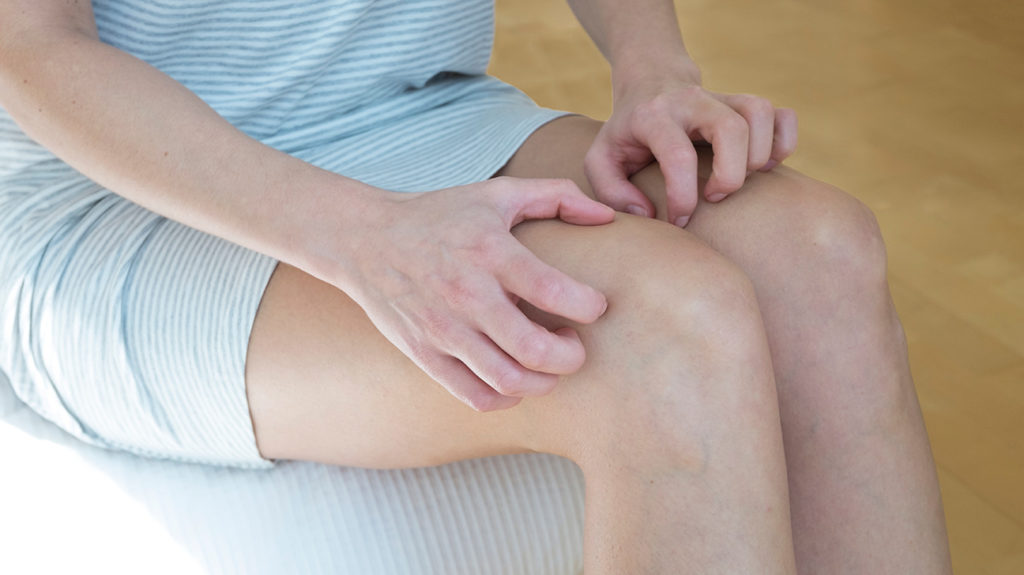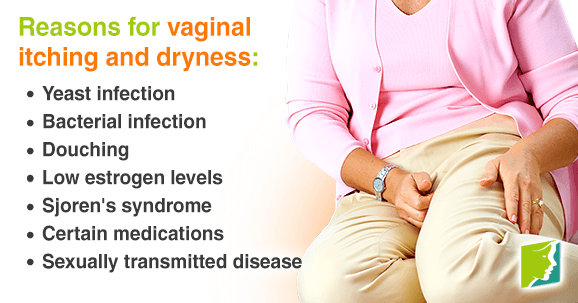
There are several different causes of itchy vagina, including lifestyle factors and external sources. One common cause is a yeast infection, which can be treated with over-the-counter medications and the advice of your OB/GYN. In some cases, however, the infection can be more serious and requires a prescription drug. The right treatment can relieve the itching and pain caused by a yeast infection. If you’re suffering from itchy vagina, it’s worth seeking medical attention and avoiding any unnecessary painkillers.
There are many types of itch-relief methods for vaginal itch. A warm bath, which can include Epsom salt or oatmeal, can be soothing. A hair dryer used on a low setting can also help relieve the itching. Hydrocortisone cream is an alternative to hydrocortisone. It is safe for use on the external vagina but may worsen the itch. You can also apply ice to relieve the burning sensation.
If you’re looking for a natural remedy for vaginal itch, consider a hot bath. A bath with Epsom salts or oatmeal can help relieve the itching. You can also apply hydrocortisone cream for temporary relief. This cream can only help treat itching caused by minor skin irritation. If you’re experiencing an itchy vagina, be sure to avoid this product if you’re trying to prevent inflammation. It’s best to see a doctor if your itching persists despite over-the-counter remedies.
There are a variety of over-the-counter medicines you can apply to reduce the itch. A good option is an over-the-counter ointment that contains cortisone, which can soothe your vulva and soothe the pain. Itching genitals can be caused by excessive use of sanitary products, excessive use of laundry detergent, or over-the-counter itch blockers.
Taking an over-the-counter medicine for your itchy vagina may be a good option for relief. The best over-the-counter itch medications are often available over-the-counter. If you’ve tried them and they’re not working, you may need to visit a dermatologist. If your itchy genitals are a symptom of a more serious skin condition, you may want to consult with a dermatologist.

A hot bath can also help relieve the itching. A warm bath with a little Epsom salt or oatmeal can soothe the vagina. For external itching, hydrocortisone cream is another option. This cream is effective for minor skin irritations and external vaginal itching, but it should be used with caution as it can irritate the area. Various types of over-the-counter medications for itchy vagina are available. If none of these options work, a doctor’s advice is necessary.
If you’re unable to find a prescription medication for your itchy vagina, you can try home remedies. A bath with Epsom salt, oatmeal, or a mild moisturizer will help to relieve the itching. Using a hair dryer on a low setting can also help. Depending on the severity of the itch, hydrocortisone cream may be helpful. Although it may temporarily reduce the itch, it may worsen the problem.
In addition to topical solutions, you can try sitz baths to help relieve itching. Taking a hot bath with a mixture of Epsom salts or oatmeal will reduce inflammation. A sitz bath can help, but it’s important to check with your doctor first. Medications for vaginal itching can also help you with some home remedies for vaginal itching. The most important thing is to use hypoallergenic soap. This will help your vulva stay hydrated and prevent itching from reoccurring.
Vaginal itching can be a very unpleasant condition. The best way to treat is to visit a dermatologist who can prescribe some creams. Over-the-counter itch medications are the best way to relieve itching. A doctor may prescribe a specific medication to treat this condition. If you are uncomfortable taking your prescribed medication, it is best to consult a dermatologist or visit the site https://handaldok.com/.
In addition to prescription drugs, there are over-the-counter drugs. You can apply an antifungal cream to your vagina or use a suppository. You should also change your underwear frequently to minimize itching. You should avoid soaps containing talc. These products should not be applied to the vagina. There are many other general precautions you can take to minimize exposure to irritants.